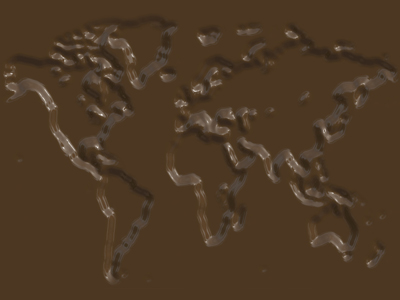
British Scientists
This quiz addresses the requirements of the National Curriculum KS1 History for children aged 5, 6 and 7 in years 1 and 2. Specifically this quiz is aimed at the section dealing with historical figures and understanding the lives and achievements of significant people in history.
Studying the lives and achievements of significant figures in history is a key part of the KS1 history curriculum. Children must understand how the achievements, discoveries and developments of significant British figures such as scientists have shaped our lives today.
Ready for more?
not all...
quizzers. Try to win a coveted spot on our Hall of Fame Page.







